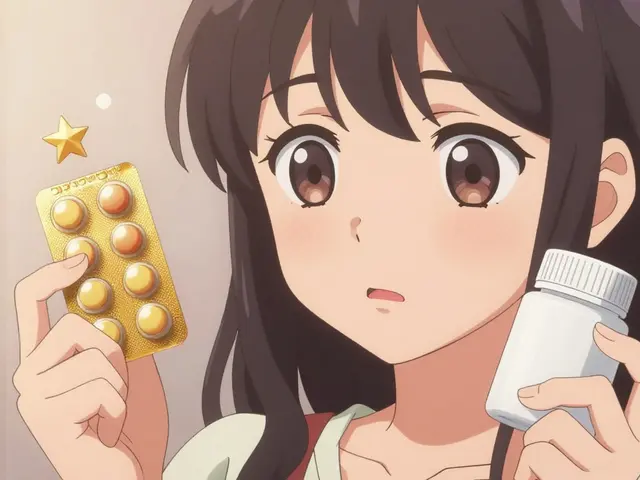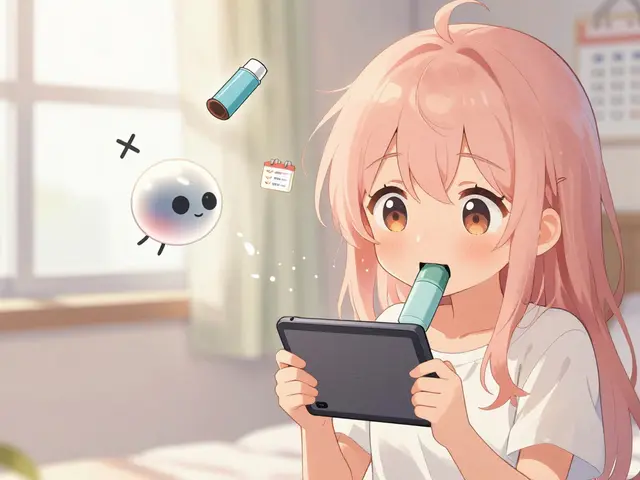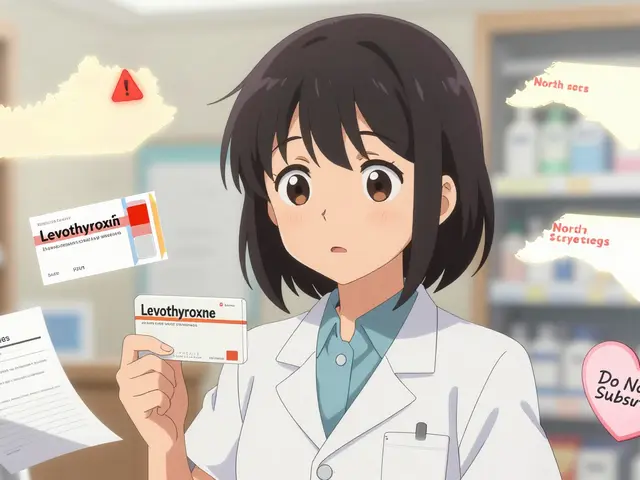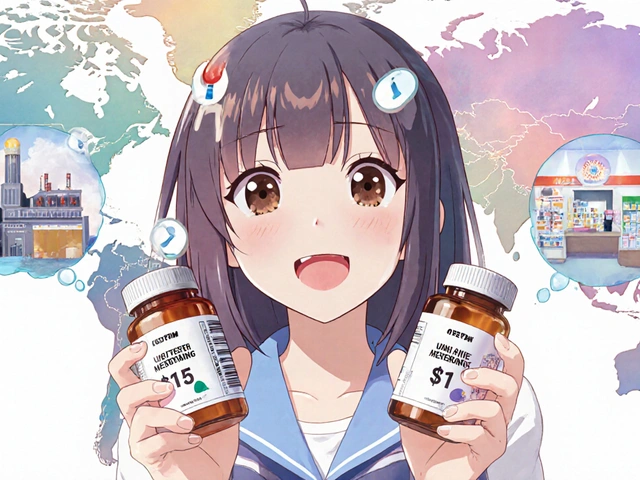Stiff neck, tight shoulders, or a back that locks up anytime you reach for the laundry basket—muscle spasms seem to strike when life is already throwing enough at you. Methocarbamol, that staple muscle relaxant, is often handed out for cramping, sprains, or after a rough night on a lumpy mattress. But here’s the thing—many people are hunting for ways to ease tense muscles that don’t only rely on prescriptions. Some natural options are drawing real interest: magnesium, valerian root, and CBD. These aren’t your average health aisle fads. They’re worth checking out, especially if you’re hoping to build a routine that deals with spasms from multiple angles. Curious if these natural back-ups can actually do what people hope—or if that’s just wishful thinking? Pull up a chair, and let’s see what the science and lived experience say.
Magnesium: The Underrated Muscle Whisperer
When someone mentions magnesium, most folks might picture a chalky supplement bottle or vague memories from school about minerals. But if you dig a bit, magnesium’s story jumps out. It's a powerhouse in your body, pulling the strings for more than 300 enzyme reactions—including muscle function. When magnesium dips too low, your nerves can misfire. This means you’re at higher risk of twitchy muscles, cramps, and spasms. That “charley horse” you wake up to in the middle of the night? Often, it’s tied to magnesium levels. Surveys even reveal that a big chunk of adults—especially older folks, athletes, or anyone sweating buckets—aren’t hitting the recommended daily intake.
So does popping a magnesium supplement actually help when your back seizes up, or is it just marketing spin? Multiple clinical reviews point out that magnesium can ease leg cramps in pregnancy, and some migraine sufferers swear by it to calm spasm-like head pain. Athletic trainers also lean into magnesium for teens who cramp after sports. No miracle cure—sometimes results are mild—but there’s a genuine link between fixing a deficiency and fewer spontaneous cramps. Foods like pumpkin seeds, spinach, and almonds are loaded with magnesium. Still, you’d need to consume a lot, so supplements make sense for anyone who tests low. One bonus: magnesium is usually easy on the stomach, though, like any supplement, starting with a low dose is wise to avoid unwanted sprints to the bathroom.
Worth noting: magnesium can interact with certain antibiotics and blood pressure meds, and it’s easy to overdo it if you’re already on multivitamins. Before loading up your cart, a quick chat with a healthcare provider saves a lot of guesswork. For muscle spasms, you’re not looking for magic—you just want a mineral that helps nerves chill out and muscles remember to relax, not cramp up under stress.
Valerian Root: Folk Remedy, Modern Science
Valerian root smells…unusual. Like old socks, some people joke. But for centuries, this gnarly root has been brewed into tea or added to tinctures as a gentle way to calm the nerves and smooth out tight muscles. If you’ve ever stood in a health store and wondered if the valerian pills sport crazy promises, here’s what’s actually known: valerian root isn’t a sedative powerhouse like the heavy-hitting prescription options. Instead, it seems to ease muscle tension by gently increasing GABA, a neurotransmitter that dials down nervous system activity.
In Europe, valerian has had a longer run in both popular and clinical use. It’s still sold widely in German pharmacies as a sleep aid and mild relaxant. Researchers have run small but promising trials where people with mild muscle tension reported decreased pain and better sleep after supplemental valerian. The catch—results are often subtle, not jaw-dropping. You might notice muscles feel less irritable or that evening aches fade enough to fall asleep. Compared to meds like methocarbamol, valerian isn’t as strong, but it sidesteps harsh side effects like grogginess or impairment the next day.
Want a pro tip? If you’re curious about valerian, look for standardized extracts. These contain specified levels of valerenic acids—the plant chemicals behind most of valerian’s effects. And watch for drowsiness—don’t try valerian before a big meeting or anytime you'll need to drive. For those who already use prescription relaxants, like robaxin for back pain, check with your pharmacist about mixing the two, even though valerian's side-effect profile is low. That plant-muscle connection might not knock out the worst spasms, but for mild daily tension, its long history isn’t just folklore.
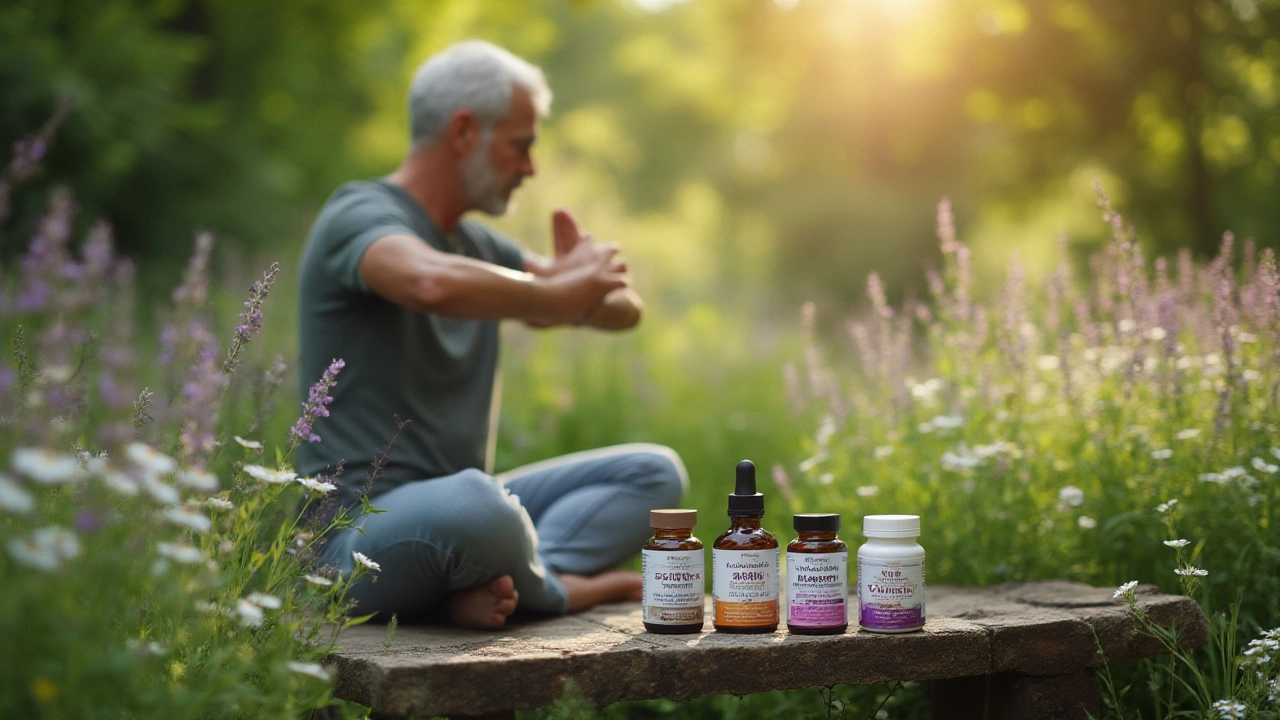
CBD: The Trendy Newcomer With Research Catching Up
You can hardly stroll through a coffee shop or scroll social media without seeing CBD pop up—sometimes in places it probably shouldn’t, like lattes or gummy bears shaped like cartoon characters. What’s actually inside that tiny bottle of oil or capsule? Cannabidiol (CBD) is a non-psychoactive part of the cannabis plant—so you’re not going to get high. A lot of people reach for CBD for muscle pain and stress, hoping it will work as a chill pill for their muscles, too.
The research is a wild mix: tons of hype, some serious studies, and a lot of confusion about quality and potency. Animal research shows CBD may reduce muscle spasticity by calming inflammation and influencing neurotransmitters that control tension. There’s also credible buzz about CBD helping people with multiple sclerosis manage muscle spasms. In smaller human trials, patients dealing with chronic pain or muscle spasticity reported less tightness and better sleep after daily doses of CBD oil. These numbers aren’t massive yet, but early findings are promising.
One thing people don’t always expect: CBD isn’t fast-acting for most users. The effects tend to build up over a few days or weeks. Another key—dosage matters, and not all products are equally trustworthy. Full-spectrum oils (with other plant compounds) often produce more noticeable effects than cheap, isolated formulas. Be careful with anything off the shelf—unknown brands might contain less CBD than advertised, or, in rare cases, contaminants.
Is it safe to pair CBD with prescription drugs like methocarbamol? The answer isn’t crystal clear yet, but most physicians suggest spacing them apart by a few hours and keeping the doc in the loop. Some real-world users report CBD helps them lower their dose of pharmaceutical relaxants or skip a few pills on days when their symptoms are quieter. The trick is patience—and being willing to experiment a little, since what works for one person’s muscle spasms might just be “meh” for someone else.
Building a Muscle Relief Toolkit: Combining Nature and Medicine
You’re probably not looking to ditch your prescribed muscle relaxant overnight, especially in the middle of a painful flare-up. But could adding magnesium, valerian root, or CBD be the missing puzzle piece in your muscle relief routine? The most successful strategies usually blend the best of both worlds: effective pharmaceuticals for acute spasms (like in cases where you need robaxin for back pain), plus some natural helpers to smooth out the daily bumps.
If you’re thinking about building your own toolkit, here are some real-world strategies:
- Take inventory of your symptoms: Are your muscles stiff all day or only at night? Does stress make things worse? Tracking patterns helps target solutions.
- Dial in your dosages: Whether it's magnesium or CBD, lower is often better at first. Ramp up only if you feel comfortable and notice benefits.
- Mix tactics, but don’t double up blindly: Stretching, heat packs, and gentle movement (like walking) add a layer of relief. Natural supplements are most useful when paired with healthy habits—think less "quick fix," more "long game."
- Talk to your doctor: Especially if your list of pills is already long. Some supplements can clash with meds for blood pressure, anxiety, or other chronic conditions.
- Read labels and source wisely: For valerian and CBD, credibility is key. Trusted brands publish test results online. Avoid products that use vague “proprietary blends.”
- Trust your body: If something feels off—drowsiness, stomach troubles, or anything weird—scale back and reassess. Your body usually knows when things aren’t quite right.
The big idea? Natural muscle relaxants like magnesium, valerian root, and CBD aren’t magic bullets. But for people sick of feeling stuck with just one option, they’re tools you can test and tweak. No two bodies handle supplements the same way, so a bit of trial and error (with some medical guidance along the way) goes further than hype or hope alone. Pain and spasms may not vanish overnight, but every new strategy is another small shot at waking up less stiff and more ready to chase the day on your own terms.



